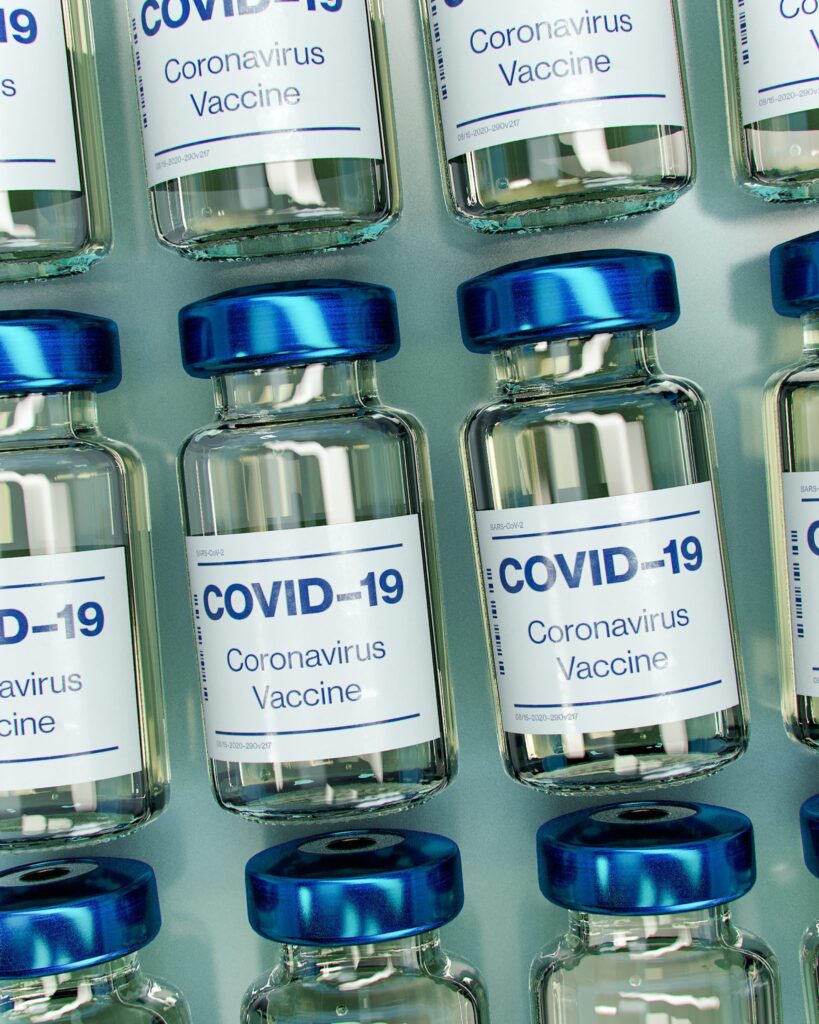In accordance with President Biden’s order, on November 5, 2021, the Occupational Safety and Health Administration issued a COVID-19 Vaccination and Testing Emergency Temporary Standard (ETS). The ETS mandates that private businesses with at least 100 employees require all employees to get vaccinated or undergo weekly COVID-19 tests and face mask requirements by January 4, 2022. On November 12, 2021, the U.S. Court of Appeals for the Fifth Circuit granted a motion to stay OSHA’s ETS. The court ordered that OSHA “take no steps to implement or enforce” the ETS “until further court order.” OSHA had suspended activities related to the implementation and enforcement of the ETS pending future developments in the litigation. The determination of the stay was before the Sixth Circuit Court to consider the challenges to the ETS and the Department of Labor’s motion to lift the stay.
On December 17, 2021, the 6th Circuit ruled and lifted the stay of OSHA’s ETS requiring all employees who work at private companies with 100 or more employees to be fully vaccinated or get tested weekly. With this ruling, the ETS mandate remains in effect. In addition to the vaccine and testing requirements, the rule requires companies to determine who among their workers are vaccinated and who are not, and to enforce a mask mandate for unvaccinated workers. OSHA stated that “to provide employers with sufficient time to come into compliance, OSHA will not issue citations for non-compliance with any requirements of the ETS before January 10 and will not issue citations for noncompliance with the standard’s testing requirements before February 9, so long as an employer is exercising reasonable, good faith efforts to come into compliance with the standard.” The 6th Circuit’s decision has already been appealed to the Supreme Court but for now private employers must prepare for compliance.
In addition, the federal health care worker vaccine mandate is currently under injunction in all states and thus, temporarily unenforceable. The Centers for Medicare and Medicaid Services issued the vaccine mandate on November 5, 2021. This mandate requires all health care workers at facilities participating in Medicare and Medicaid, including hospitals, long-term care facilities, nursing homes, and others, be fully vaccinated by January 4, 2022. Exceptions were permitted for those who were granted religious or medical exemptions from the COVID-19 vaccine, as well as for staff members for whom COVID-19 vaccination must be temporarily delayed, as recommended by the CDC.
Finally, on December 17, 2021, the 11th Circuit denied the Administration’s motion to lift the stay previously enacted by a federal Georgia Court halting enforcement of President Biden’s Executive Order 14042, which requires that federal contractors and subcontractors with specific types of covered contracts ensure that their covered employees are fully vaccinated against COVID-19 by January 18, 2022. The injunction for federal contractors will remain in place pending a hearing in January.
What Should Employers Do?
- All employers should continue to follow local, state and federal mandates and regulations.
- Know which vaccine mandates apply to you as an employer and monitor the status of the injunctions. The OSHA stay is no longer in effect but the federal contractor stay remains.
- Be sure you are ready to put any of the applicable vaccine mandates in place if they become enforceable. This may require coordination for testing and/or vaccines be resolved in advance.
- It is difficult to predict what will ultimately happen with the injunctions but do NOT assume that all vaccines mandates will be completely thrown out.
- Employers are still free to encourage their employees to get vaccinated or implement their own mandatory vaccine policy.
Davis, Agnor, Rapaport and Skalny is closely monitoring the injunctions and are here to assist you in developing or implementing any COVID-19 vaccine policies.

